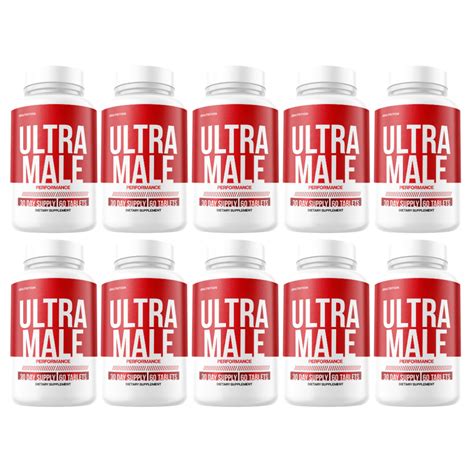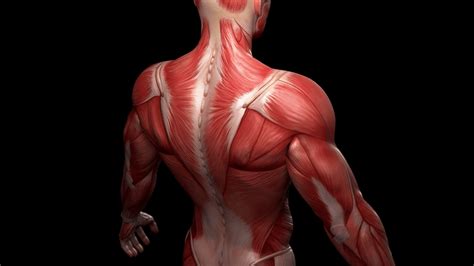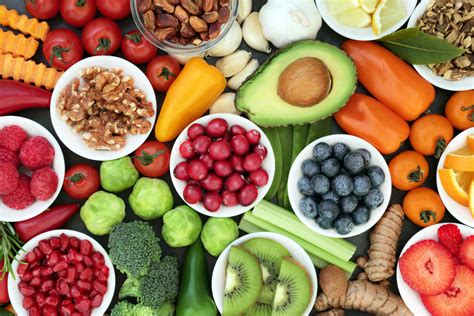Fuel peak male performance: Optimal nutrition for energy, focus & muscle?

The Nutritional Blueprint for Peak Male Performance
In today’s demanding world, men are often juggling multiple responsibilities, from high-pressure careers to active family lives and fitness goals. To not just cope, but truly excel and maintain peak performance across all these domains, nutrition plays an unparalleled role. It’s not merely about eating enough, but about fueling the body and mind with precision. This article explores the optimal nutritional strategies to boost energy levels, sharpen mental focus, and support robust muscle development, empowering men to reach their full potential.

Sustaining Energy: The Macronutrient Foundation
Consistent, sustained energy is the bedrock of high performance. Macronutrients – carbohydrates, proteins, and fats – are the primary sources of this energy, and their quality and balance are critical.
Complex Carbohydrates for Endurance
Unlike simple sugars that offer a fleeting spike, complex carbohydrates provide a steady release of glucose, crucial for fueling muscles during exercise and maintaining stable blood sugar levels for mental clarity. Opt for whole grains (oats, brown rice, quinoa), legumes, and starchy vegetables (sweet potatoes, squash).
Healthy Fats for Hormonal Balance and Brain Health
Don’t shy away from fats; choose them wisely. Healthy fats are essential for hormone production, nutrient absorption, and provide a dense source of sustained energy. Incorporate avocados, nuts, seeds, olive oil, and fatty fish (salmon, mackerel) into your diet.
Quality Protein for Repair and Growth
While often associated primarily with muscle, protein is vital for countless bodily functions, including enzyme production, immune health, and satiety. Lean protein sources like chicken breast, turkey, fish, lean beef, eggs, and plant-based options like tofu and lentils should be staples.
Sharpening the Mind: Nutrition for Optimal Focus and Cognitive Function
Peak performance isn’t just physical; mental acuity, concentration, and clarity are equally important. Specific nutrients can significantly enhance brain function.
Omega-3 Fatty Acids
Found abundantly in fatty fish, flaxseeds, and walnuts, Omega-3s (especially EPA and DHA) are critical for brain health, supporting neuronal function, reducing inflammation, and potentially improving mood and cognitive processing.
Antioxidants and B Vitamins
Berries, leafy greens, and colorful vegetables are packed with antioxidants that protect brain cells from oxidative stress. B vitamins (B6, B9, B12), found in whole grains, meat, and leafy greens, are crucial for neurotransmitter synthesis and energy production within the brain, directly impacting focus and memory.

Building Strength: Protein and Micronutrients for Muscle Development
For men aiming to build or maintain muscle mass, nutrition extends beyond simply consuming protein. The type, timing, and accompanying micronutrients are paramount.
Optimal Protein Intake and Timing
Aim for 1.6-2.2 grams of protein per kilogram of body weight, distributed throughout the day, particularly around workouts. This provides a steady supply of amino acids for muscle protein synthesis and repair. Incorporate complete protein sources at each meal.
Key Micronutrients for Muscle Support
- Zinc: Essential for testosterone production and immune function. Found in red meat, shellfish, and legumes.
- Vitamin D: Plays a role in muscle function and strength. Obtainable from sunlight, fatty fish, and fortified foods.
- Magnesium: Involved in over 300 enzymatic reactions, including muscle contraction and energy production. Abundant in leafy greens, nuts, seeds, and whole grains.

Beyond Macros: Essential Micronutrients and Hydration
While macronutrients provide the bulk of energy and building blocks, micronutrients (vitamins and minerals) act as the vital cofactors that enable all bodily processes to function optimally. A deficiency in even one can significantly impair performance.
Comprehensive Micronutrient Intake
A diet rich in a variety of fruits, vegetables, nuts, seeds, and lean proteins will typically provide a wide spectrum of essential vitamins and minerals. Pay particular attention to:
- B Vitamins: Crucial for energy metabolism.
- Vitamin C: Antioxidant, supports immune system and collagen formation.
- Iron: Essential for oxygen transport, preventing fatigue.
The Power of Hydration
Often overlooked, adequate hydration is fundamental for every bodily function, from nutrient transport and temperature regulation to cognitive function and athletic performance. Dehydration, even mild, can significantly reduce energy, focus, and physical output. Aim for at least 8-10 glasses of water daily, increasing with activity levels.

Practical Strategies for Nutritional Excellence
Translating knowledge into action requires practical strategies:
- Prioritize Whole Foods: Base your diet around unprocessed, nutrient-dense foods.
- Meal Planning and Preparation: This ensures consistency and prevents reliance on less healthy options.
- Strategic Snacking: Opt for nutrient-rich snacks like nuts, fruit, Greek yogurt, or hard-boiled eggs.
- Limit Processed Foods and Sugars: These contribute to energy crashes, inflammation, and nutrient deficiencies.
- Consider Supplementation Wisely: While a whole-food diet is primary, certain supplements (e.g., Omega-3, Vitamin D, creatine for muscle) might be beneficial, but consult a healthcare professional.

Conclusion: Consistency and Individualization are Key
Achieving peak male performance through nutrition is not about restrictive diets or quick fixes; it’s about building sustainable habits. Focus on a balanced, nutrient-dense diet that prioritizes whole foods, adequate protein, healthy fats, and complex carbohydrates. Pay attention to hydration and ensure a broad spectrum of micronutrients. Remember, individual needs vary, so listen to your body, track your progress, and consider consulting with a registered dietitian or nutritionist to tailor a plan that specifically supports your unique energy, focus, and muscle goals.









